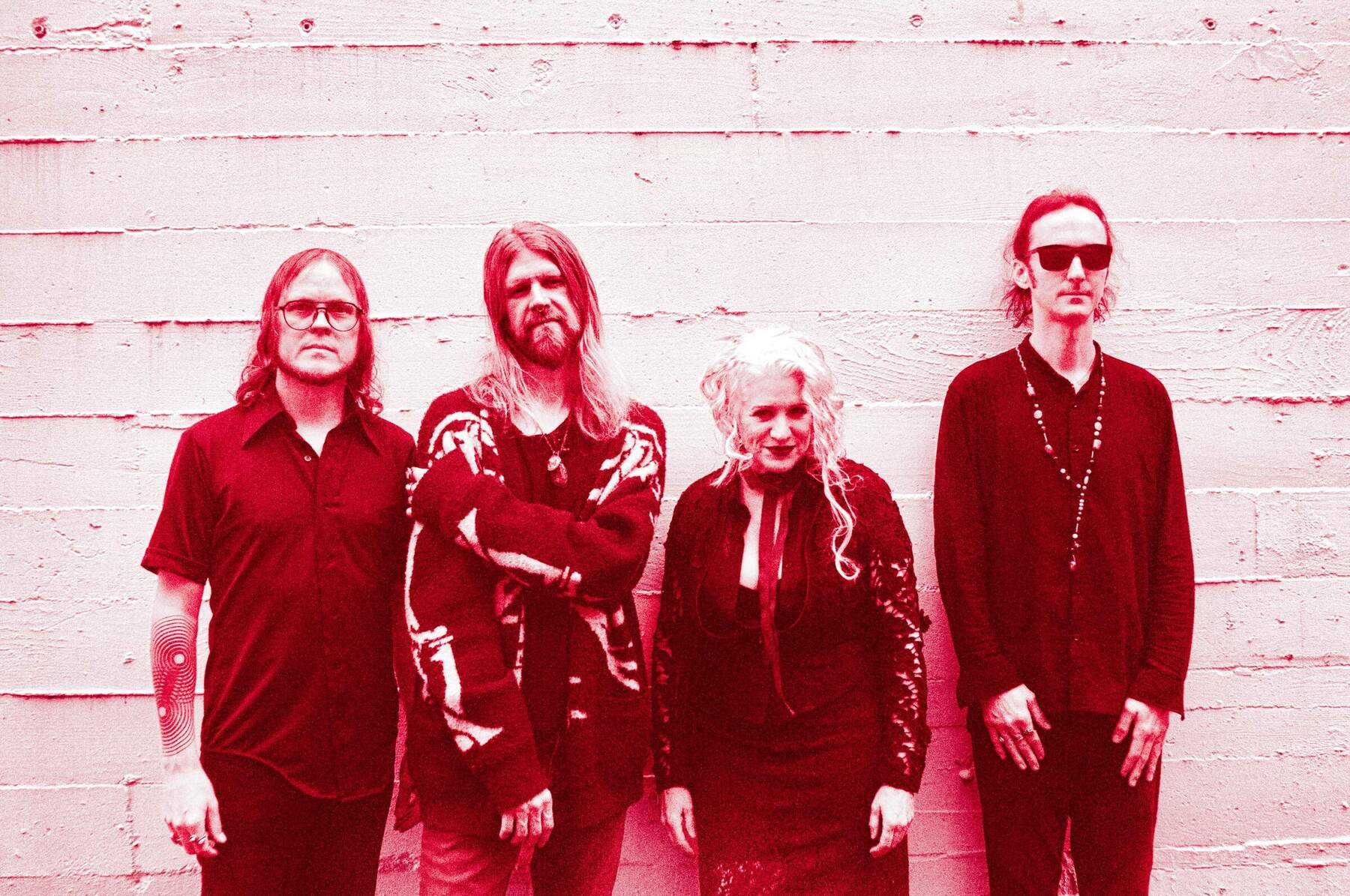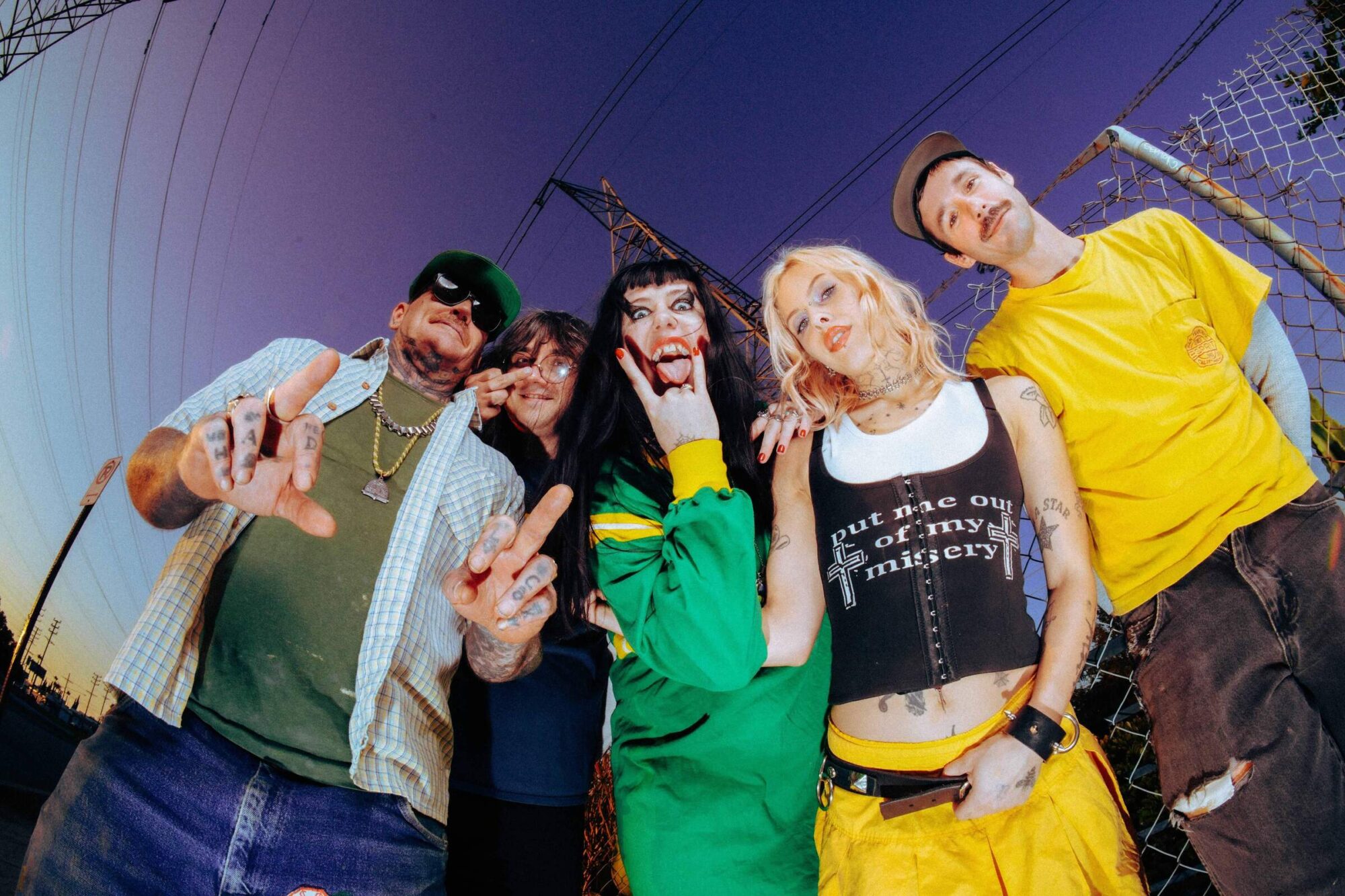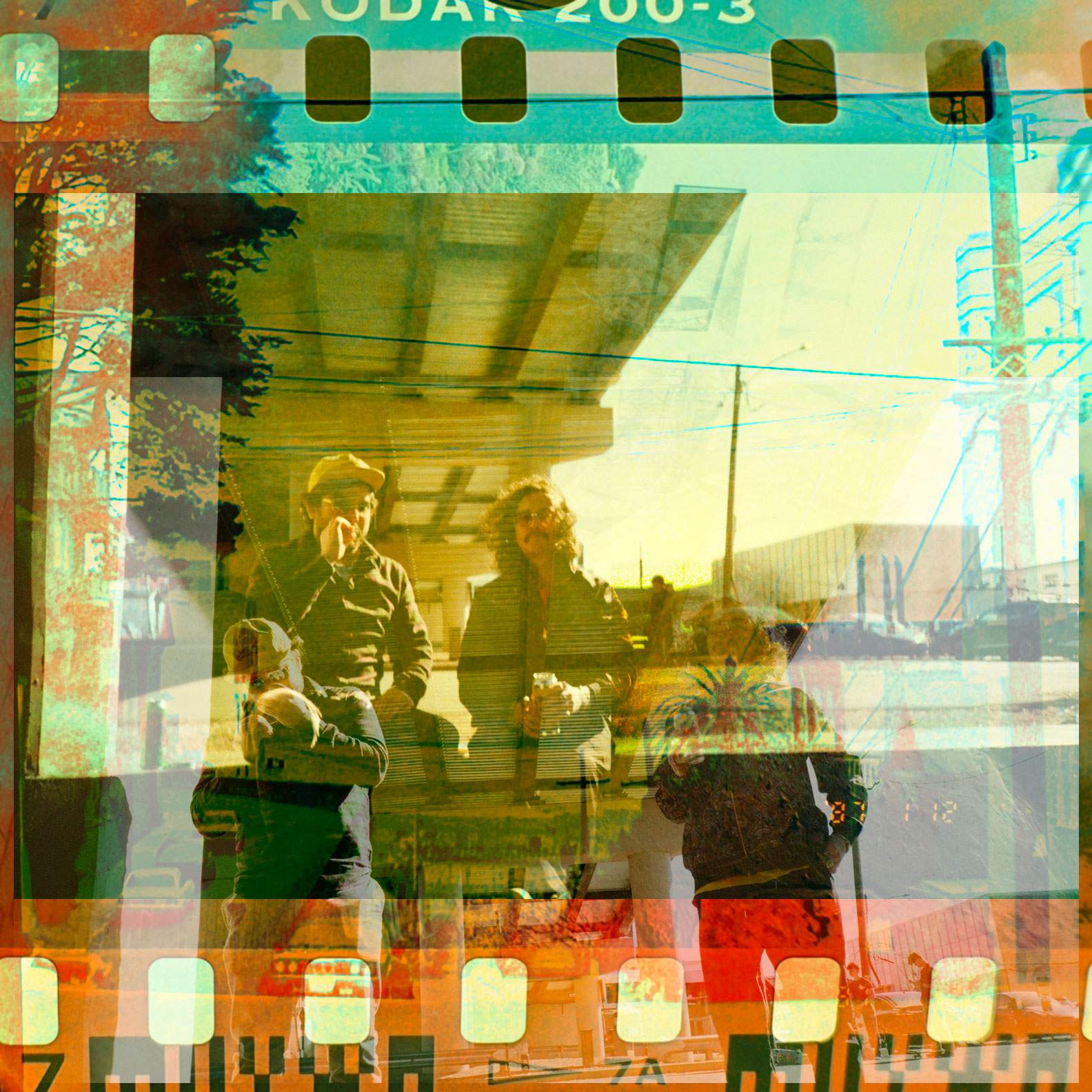Yesterday’s Children: Resurrected — A Trip Back to Their 1970 Heavy Psych Cult Classic
Yesterday’s Children’s lone 1970 album, once overlooked and quickly buried due to a total lack of label support or marketing muscle, has since grown into a cult touchstone, whispered about by collectors and heads who dig deep for the heavy stuff.
Now, Ancient Grease Records is blowing the dust off this forgotten slab of American hard rock with the first-ever official reissue, done in collaboration with the band themselves. It’s not just a re-release, but an actual resurrection, complete with unpublished photos and liner notes from Steve Krakow that finally give the band’s story the depth it deserves.
The band’s roots trace back to 1966 in Waterbury, Connecticut, where they began as The Firebirds. These were real kids from a real “American Graffiti” town, soaking in everything from James Brown to the Stones. Frontman Dennis Croce, along with his brother Richard and the rest of the group, came up in the crucible of Top 40 radio and local gymnasium shows, playing every VFW, high school, and military base that would have them. They even opened for heavyweights like Chicago and The Lovin’ Spoonful. Richard’s father, Dominic Croce, a tenacious manager, “pounded the pavement” to secure their 1967 Parrot Records single. His entrepreneurial drive filled the void of traditional industry support.
Over time, the band shifted from pop covers to a tougher, fuzzier sound…a hard-edged, R&B-rooted psychedelic rock that didn’t fit neatly into any one box. Their self-titled LP was recorded over nine months at Burt Bacharach’s Associated Recording Studios using Marshall stacks and Gibson guitars, with producer Warren Schatz in the booth (described as “difficult,” though the sessions remained smooth). Psychedelic experimentation seeped deep into the bones of the music, while Dennis’s feral, pre-metal howl and Richard’s wild guitar tone pushed everything over the edge. It was a sound too raw, too forward-thinking for 1970, a bridge between late-60s psych and the proto-metal explosion on the horizon.
But despite all this, the album landed with a whisper, just one short mention in Billboard. No tour, no promo, and no second chance. By 1972, the band had split. Some members ended up selling their gear to buy food. Others faded into the working-class grind. Richard Croce recalls it as a brutal letdown, but one that never dulled his pride in songs like ‘Hunter’s Moon’ and ‘Sad Born Loser.’
Originally pressed in only a few thousand copies and banished to the cutout bin almost immediately, the album became a grail for collectors…a ghost of what could’ve been. Now, Ancient Grease Records has unearthed it for real, not just as an artifact. This is pure, uncut grease and it’s loud, loose, and ready to blow the roof off again.
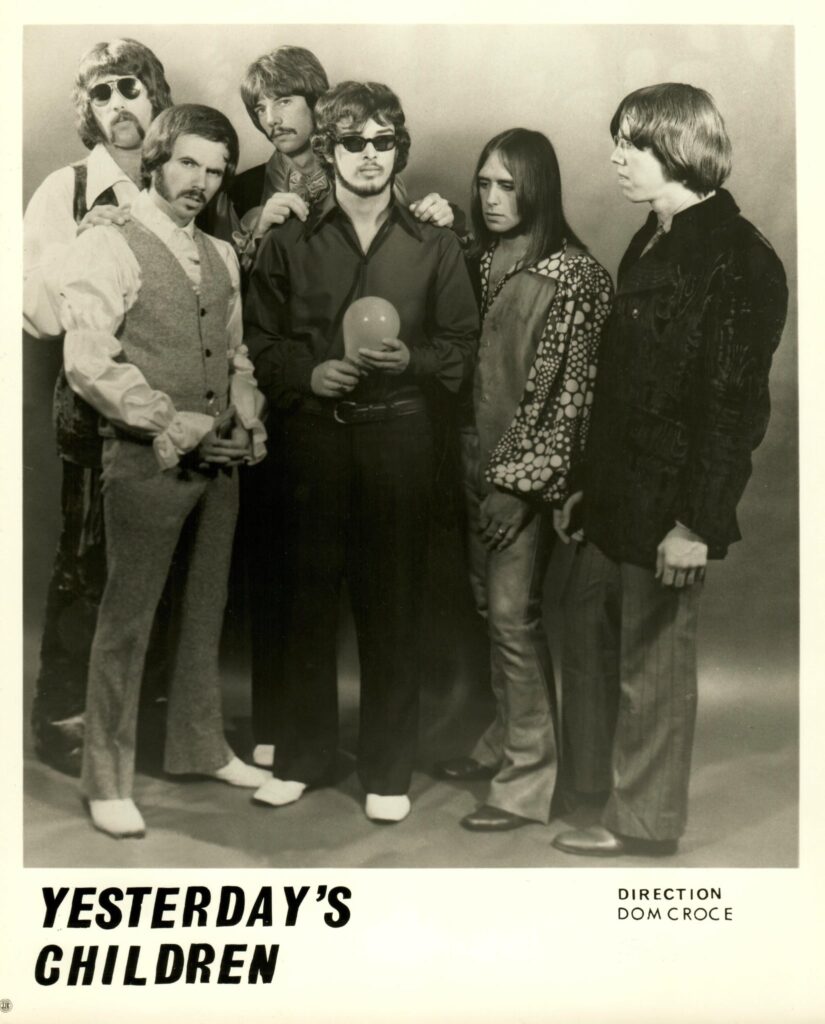
“Most of the songs were like living inspirations of what we actually were.”
Are you excited to have a reissue in your hand?
Richard Croce: Absolutely! Thrilled to death after all these years.
Are you all coming from Cheshire-Prospect, Connecticut? What was life there like when you grew up? Were your parents musicians? What did they do?
Only one of us is from Cheshire, Eddy Pivarotto, who originally started the group. Chuck was from Prospect. Denis and Richard are from Waterbury. Ralph Muscatelli is from Cranston, Rhode Island, and Reggie Wright is from Bakersfield, California.
In Waterbury, it was the real-life American Graffiti. Everybody was down driving their cars in the center of town, picking up girls, actually having fun, which people today don’t know how to have.
No, my parents were not musicians. My uncle Pat was an amazing drummer and xylophone player. My mother was a stay-at-home mom, and my father was a toolmaker, gas station owner, and builder.
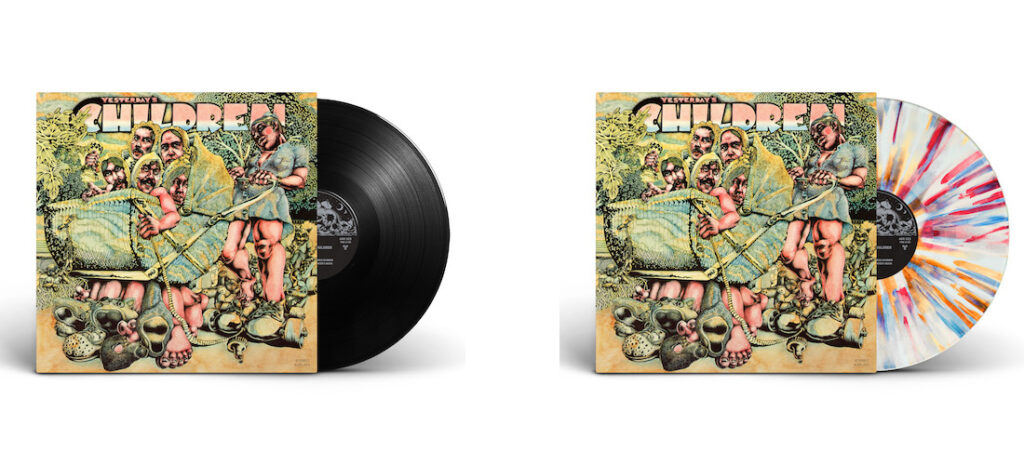
How would you describe the early 60s local music scene there?
Exciting. It was expanding very rapidly. Top 40s, radio stations like WPOP, WPLR, WBOY. It was basically what really got me into singing.
What was it for you that made you begin being involved with music? Do you feel there was a certain profound moment—seeing a band, hearing a song, or anything like that—that got you into rock and roll?
The early 60s had a big impression on me. As kids, we all used to go into the bathroom in the high schools and sing. The acoustics were great.
Most definitely. I remember the early days, as far back as Elvis Presley, Chuck Berry, Little Richard. All the doo-wop bands. There were so many bands at the time, and everything was just growing so quickly.
Were any of you involved with any other band before Yesterday’s Children? If so, what kind of music did you play and are there any recordings of it still available?
Yes, a band named The Firebirds, which later became Yesterday’s Children. Eddie started The Firebirds, with Dennis and me joining him. At the time, it was all Top 40. There are recordings of songs available.
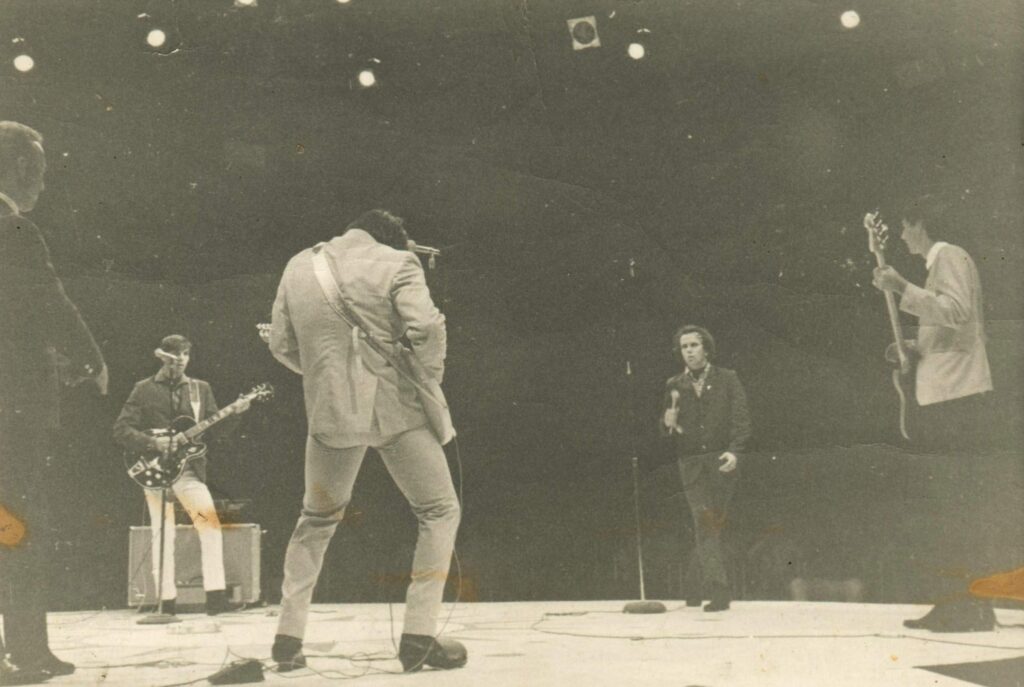
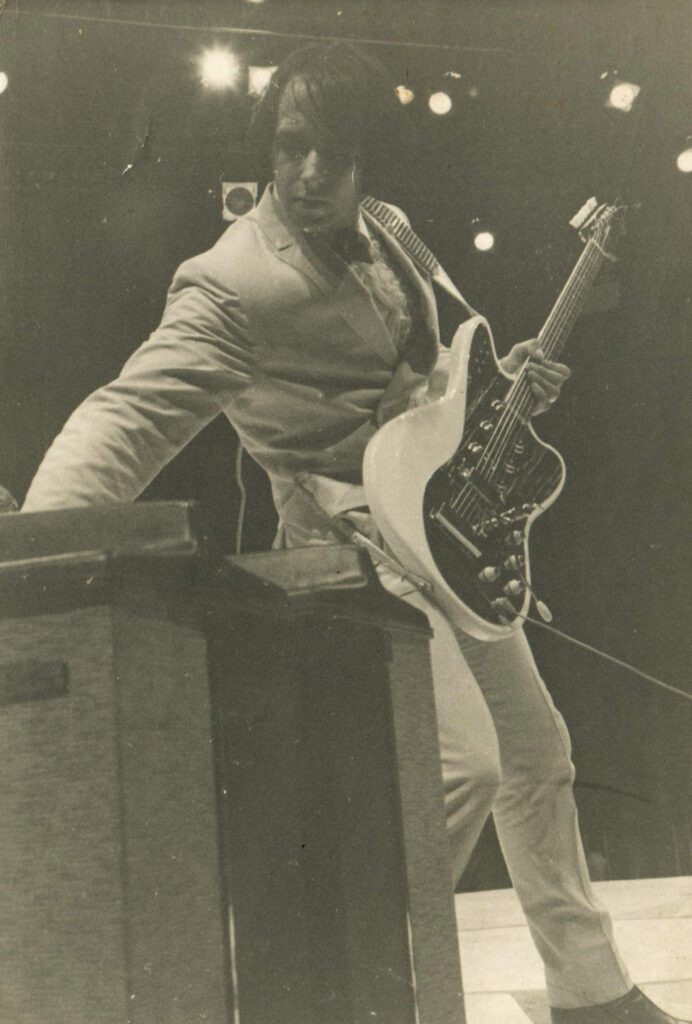
How did members originally meet? Can you elaborate on the formation of Yesterday’s Children?
We met kind of through the grapevine. The band The Firebirds at the time, which was just instrumental, was looking for singers. Word of mouth got around that somebody knew two brothers who were singers—Dennis and me.
As I said, they were looking for singers. My brother and I, who were known to have dabbled in singing, were referred to Eddie Pivarotto. They got ahold of us and we auditioned. That’s where it all started. They liked what they heard, and we started rehearsing from that point on.
How it changed to Yesterday’s Children was due to my father, who was the manager. He did a lot of traveling around New York City to find producers to take us on. He found Hugo and Luigi. After they took us on, we did two songs with them, and that’s when the name changed to Yesterday’s Children.
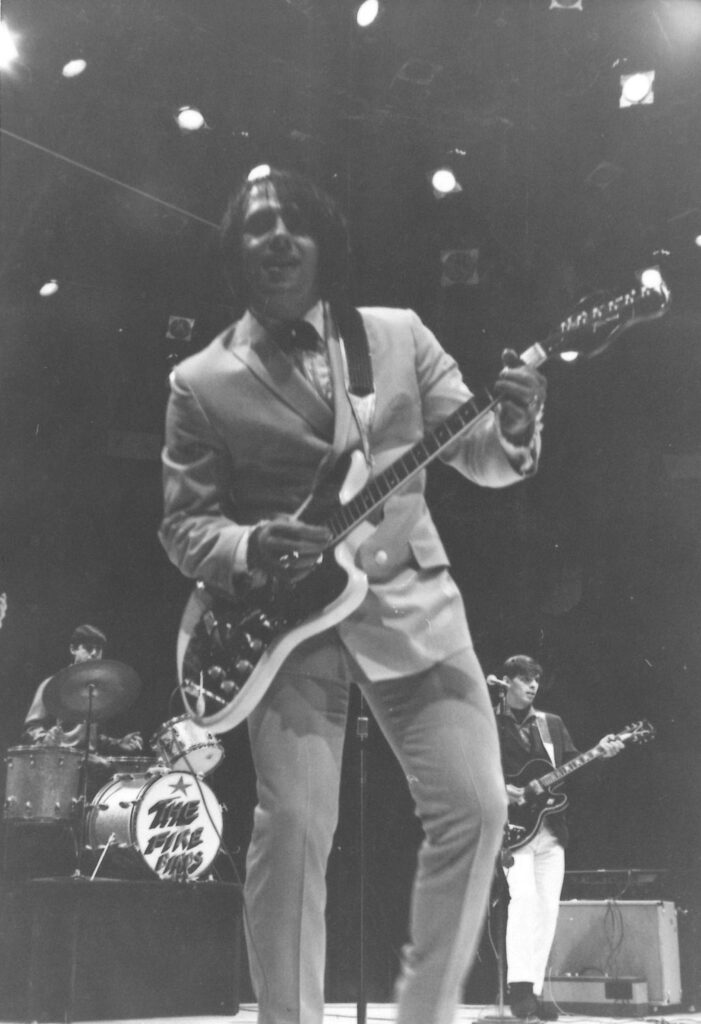
That would be in 1966? Tell us about some of the early material you played and what kind of venues you played. What are some of the other bands that shared stages with you back at the beginning?
Yes, it would be in 1966. The early material we played was pretty much Top 40 at the time—for instance, The Rascals, James Brown, Lovin’ Spoonful, The Righteous Brothers, Rolling Stones.
We played many different venues, for example, arenas, gymnasiums, colleges, nightclubs, Wright’s Barn, and military bases like Groton Sub Base and Limestone, Maine.
We shared the stage with many different bands at the time—The Lovin’ Spoonful, Paul Revere and the Raiders, Mitch Ryder, Chicago, The Box Tops, The Vagrants (who later became Leslie West’s Mountain), Gary U.S. Bonds, The Drifters, and Buddy Rich.
Did the band have a manager, or did your father take on that role? What led you to sign with the London Records subsidiary label Parrot Records to release the single “To Be Or Not To Be” (also featuring “Love and Things,” “Baby, I Want You,” and “Dance All Night”) in 1967?
Yes, we did. The manager back then was my father, Dominic Croce. That was all due to my father. It was all based on the footwork of Dominic Croce, and it was a lot of footwork. He pounded the pavement for us.
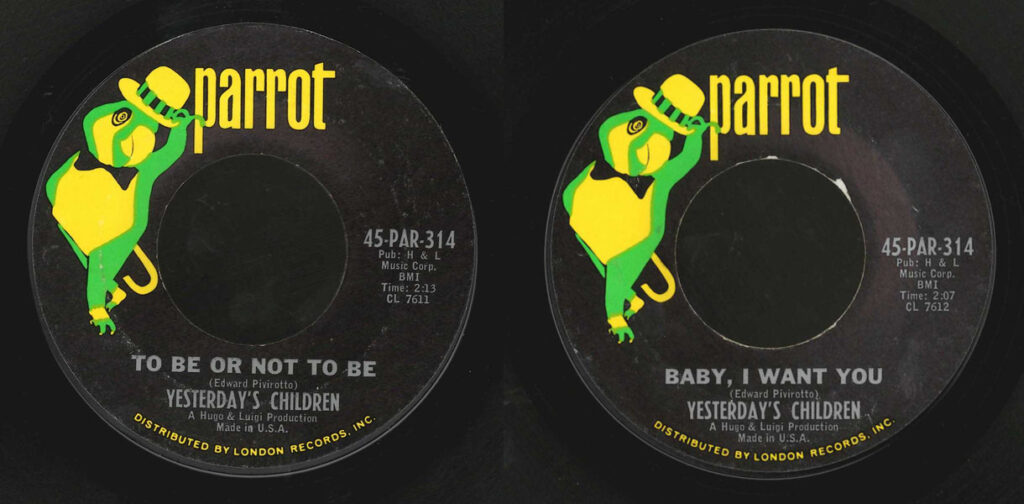
We also signed with the Parrot label. That’s when we signed with Hugo and Luigi.
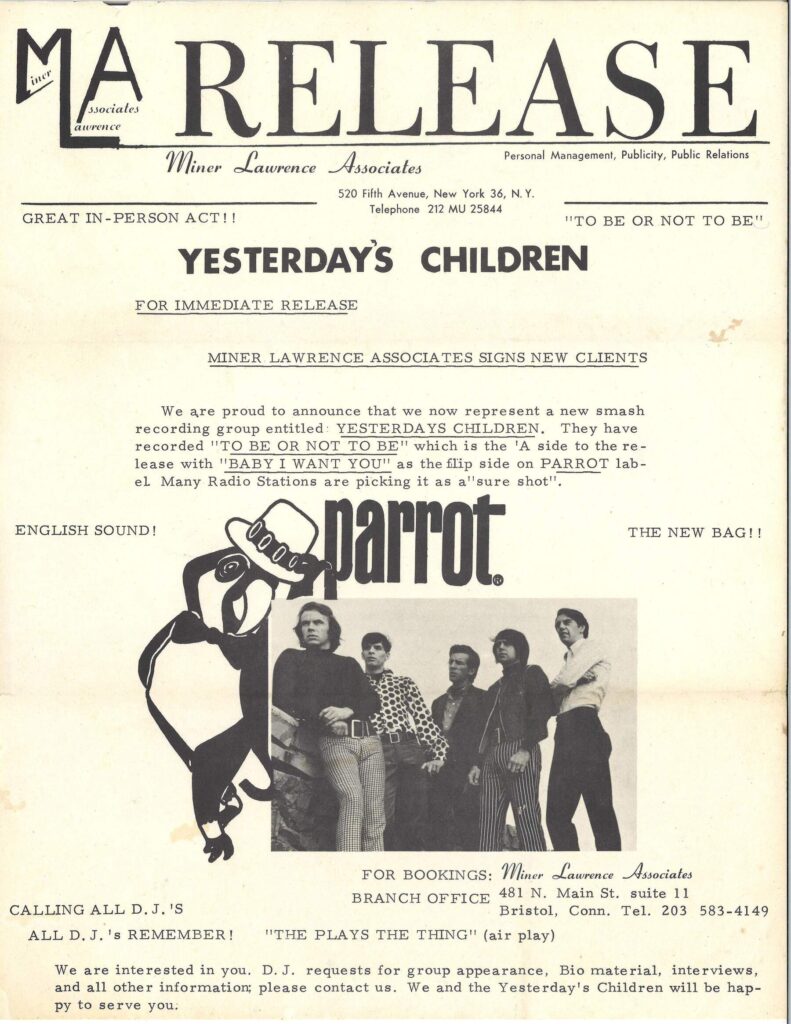
Do I have the wrong information, or was it also released on a French label, AZ? I’m a bit confused.
So am I. I’m also confused. I have no idea. I don’t know anything about it. If it was re-released, it would have been Eddy Pivarotto, who had the rights to “To Be Or Not To Be,” so it would have been through him.
How many copies did the two labels press? Did you get any airplay or press? Maybe even in France?
I have no idea how many copies were pressed. Yes, we did get some airplay, though not as much as we would have liked. If we had better production, it would have been better. I have very little knowledge of what transpired in France.
What about the four featured songs?
It was strictly Eddie Pivarotto.
Did you release any other single before your album was released?
No, there was just “To Be Or Not To Be” and “Baby, I Want You.”
What do you think was the band’s overall vision? You began as a garage band that slowly transcended into a very heavy, powerful hard rock band.
To make it big like everyone else. We actually thought we had a shot.
How did you decide to use the name Yesterday’s Children?
It was a fluke. We had a job at Bruster Lanes right before the release of our album, and we had to do a name change. A friend of ours, who was a disc jockey at the time, came up with the name Mindless Wonders, which we weren’t very thrilled to use. So he came back with the name Yesterday’s Children, which was thought up by Ray Simone. And it fit.
Tell us about Map City Records, a company owned by Vini Poncia and Peter Anders. How did you get signed with them? What was the deal like?
The deal pretty much went through Warren Schlatz and Steven Schatz. They pretty much came up with Map City. It was all on our producers.
Did you also get any press or airplay when the album was released? There was a single out as well featuring “Evil Woman” and “What Of I.”
We got some airplay, not as much as we would have liked. I’m sure they could have done more than they did. We ended up with one small article in Billboard, which I was very disappointed about.
Dennis Croce’s voice is really something else, especially if we consider it was released very early in the 70s. Do you feel you were a few years ahead of your time as hard rock became very popular later on?
Absolutely. I myself, Richard, also did vocals on the album. I did background harmony and I sang “Evil Woman” and “Sad Born Loser.”
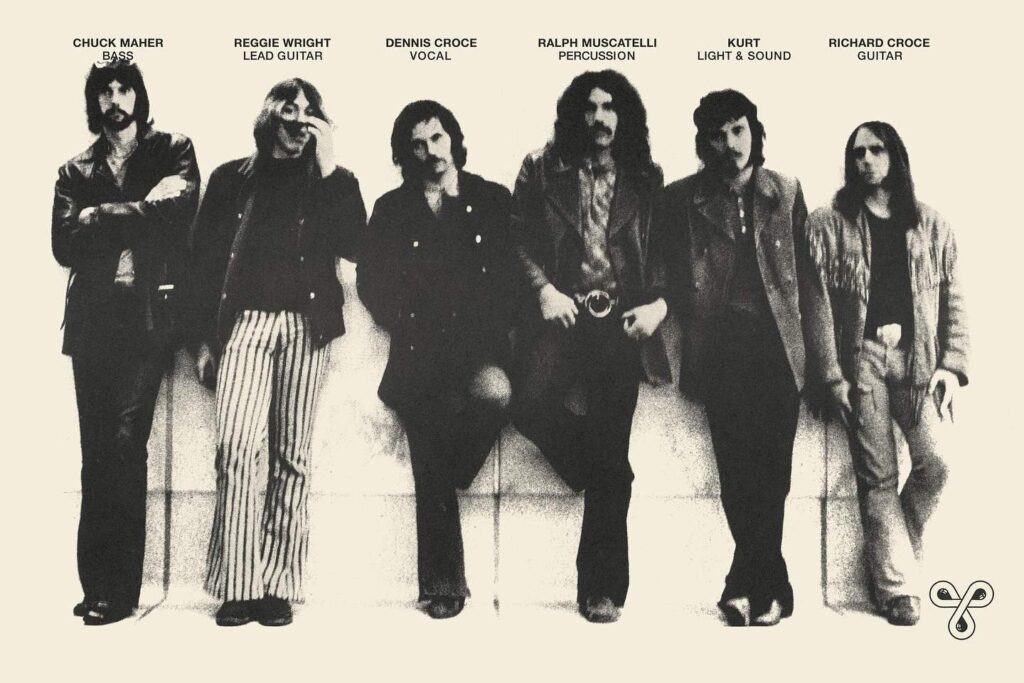
The band was founded in 1966? How many years were you actively playing?
We played with the band for six years. We broke up in 1972.
Which bands did you share the stage with around the time the album was in the making?
We shared the stage with many different bands at the time—The Lovin’ Spoonful, Paul Revere and the Raiders, Mitch Ryder, Chicago, The Box Tops, The Vagrants (who later became Leslie West’s Mountain), Gary U.S. Bonds, The Drifters, and Buddy Rich.
What’s the story behind your debut album? Where did you record it? What kind of equipment did you use and who was the producer? How many hours did you spend in the studio?
Well, it’s hard to explain. Most of this stuff was all done by Dominic Croce. How he found the people that he found, to this very day, I have no idea. We wrote all our songs, most done by Dennis Croce, but we all chipped in. Dominic was the one who rounded up all the producers, who in turn came to watch us play in a club in Branford, Connecticut, called The Sherry Shack, and they pretty much didn’t even hesitate to sign us. We recorded it at a place called Associated Recording Studios in Manhattan. The studio was owned by Burt Bacharach. We all played through Marshall amps and Gibson guitars, Hofner bass. Drums, I’m not sure. The producer was Warren Schatz. The album took nine months to finish.
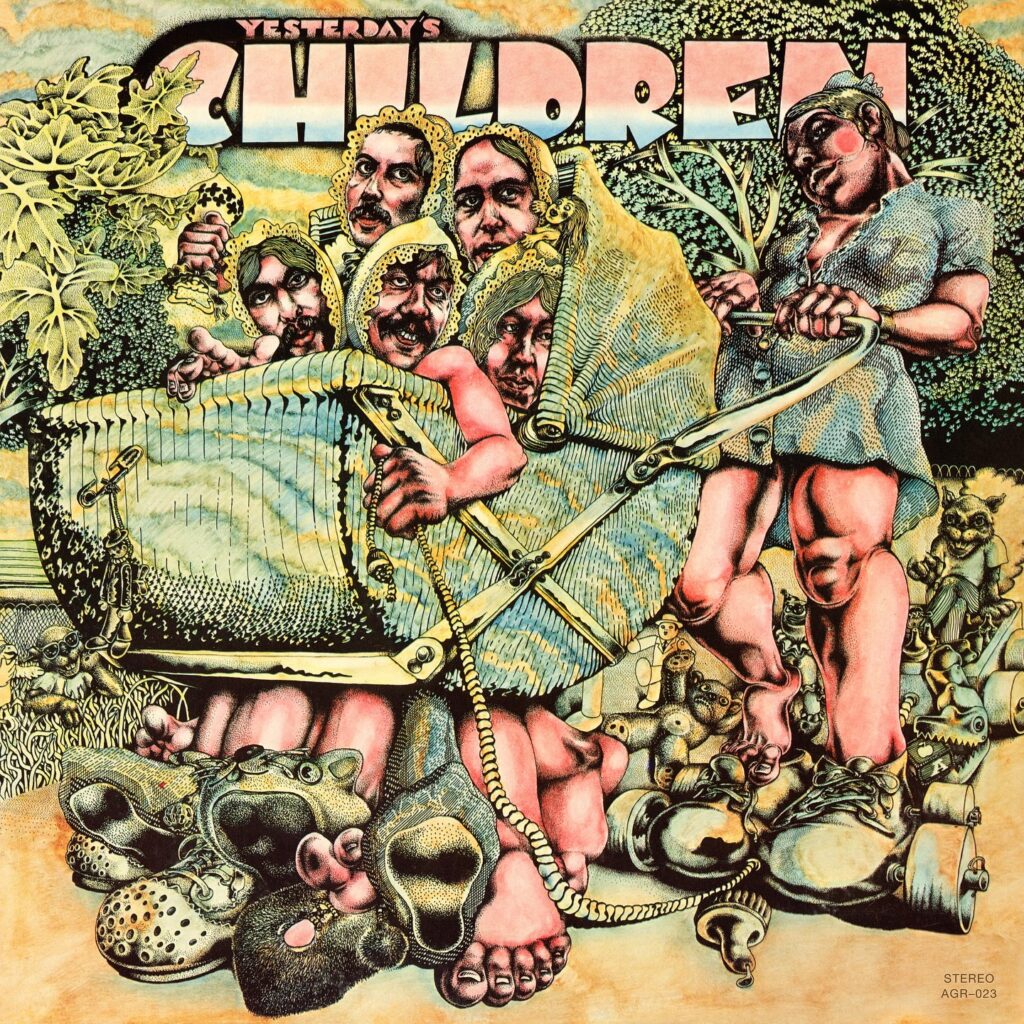
What was it like working with Warren Schatz?
I found him difficult to work with.
Please share your recollections of the sessions. What were the influences and inspirations for the songs recorded?
Most of the songs were like living inspirations of what we actually were. If you listen to the words, you will understand Yesterdays Children. Just think about the depth of “Sailin’,” listen to the words — that’s Yesterdays Children. Think about the heaviness and the power behind “Hunter’s Moon,” listen to the words — that’s Yesterdays Children.
Most of the sessions went easy. We never did too many retakes. We did some overdubbing. Had a couple of problems here and there, nothing to write home about.
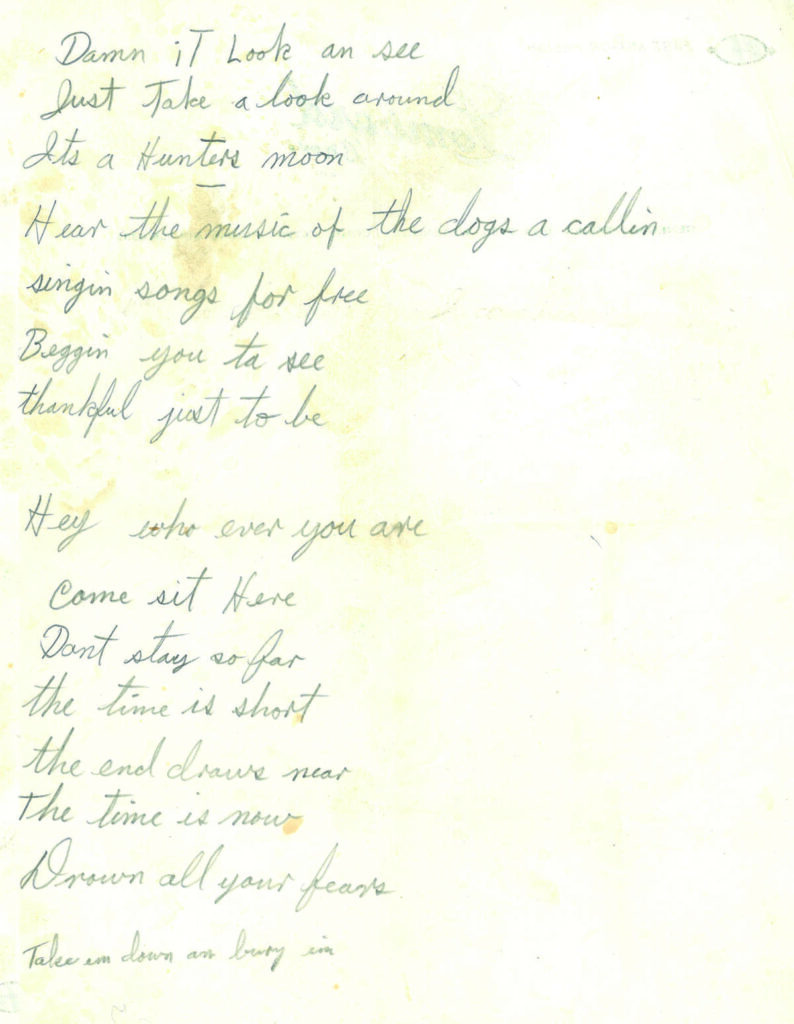
Would you share your insight on the album’s tracks?
All band members pretty much had influence on the tracks. Most of the intros were mine. Most of the words were Dennis, and we all had a say in the words in one way or another. The song “Sailin’” was mostly musically all Reggie, and the words were Dennis. I love that song. “Hunter’s Moon” is my favorite.
“The album was put together on the cuff.”
Was there a certain concept behind the album?
The album was very diverse. There was really no concept. Nothing was planned. The album was put together on the cuff.
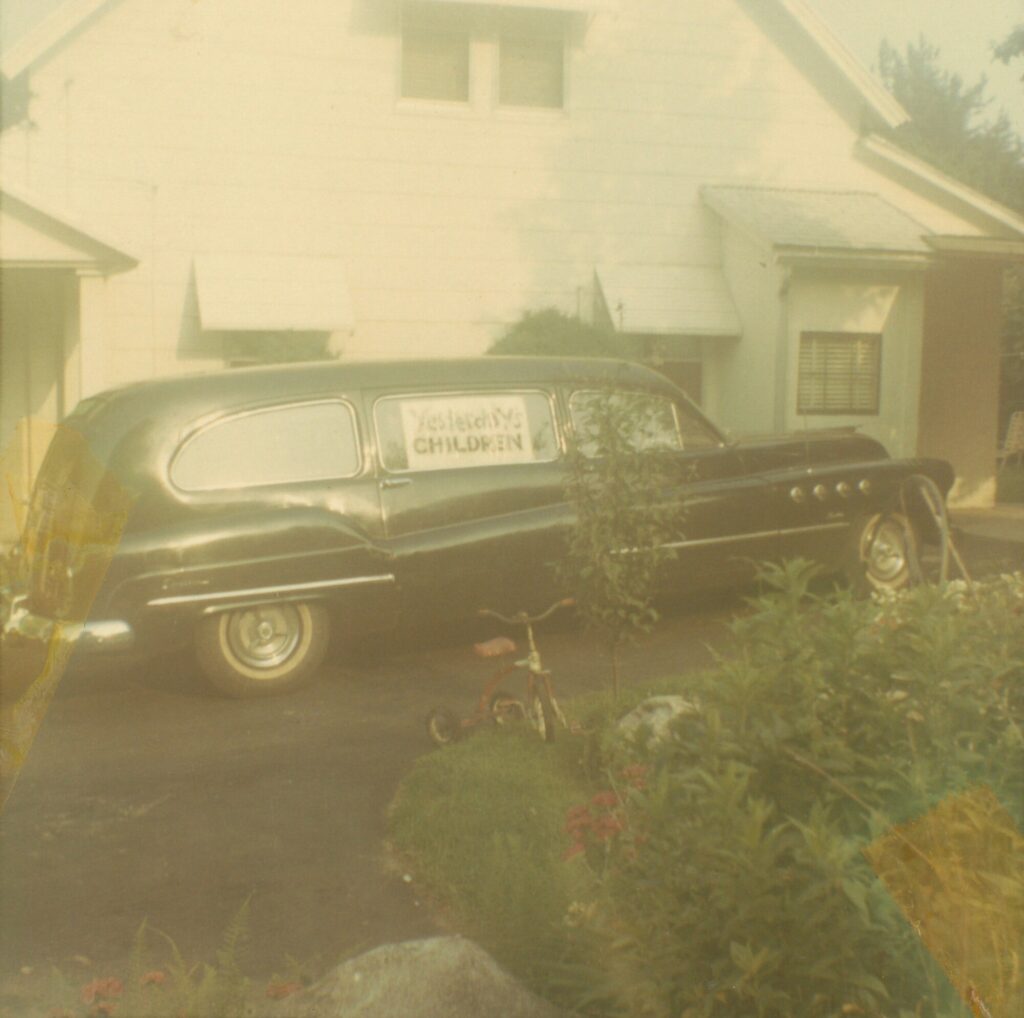
How many copies were originally pressed?
A couple thousand were pressed, but I’m not sure the exact number.
Who did the cover artwork?
The artwork was done by Michael Kanarak. He spent hours with us just to get to know who we are and what our personalities were like, which for some strange reason reflects all of us on the cover of the album. To this day, I could not believe the finished product when he brought it into the recording studio. It was absolutely amazing. The picture on the back — he took that shot too.
Was there another original track that you played live but didn’t record?
No, there wasn’t. The album was it.
Is there any unreleased material?
No, everything was released.
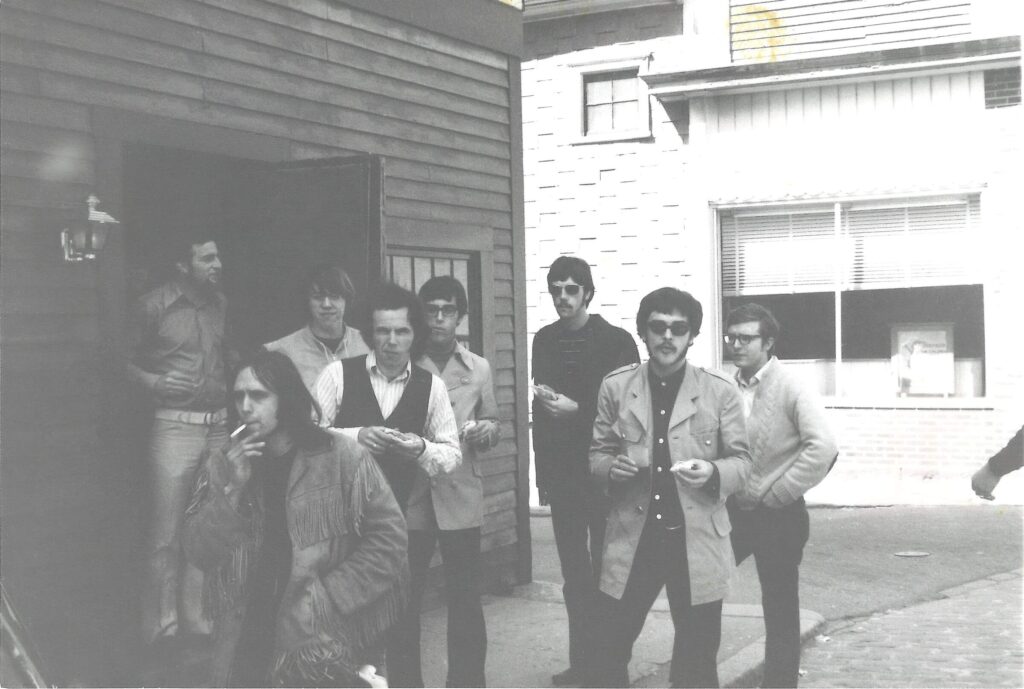
Have you ever experimented with psychedelics, since you played in those times? Do you feel they had any impact on your sound?
Absolutely. And yes, it had a very large influence on the music we played.
What would be the craziest gig you’ve ever done?
The gig that I remember being the craziest was a homecoming party that we played in a large, single-floor auditorium at UConn (University of Connecticut). And to this day, I will never forget the young lady hanging upside down, from her knees, from a water pipe. The water pipe let go directly on top of our equipment. Talk about scrambling to save our stuff. Trust me, there’s been a few more, but that without a doubt is the most memorable. You can’t help but think about it and have it bring a smile to your face.
What did members do after the band disbanded? Were any members involved with music? Would love it if you could tell me about all the music-related projects that followed for you. I only found that Ralph Muscatelli was in Rox.
This is the saddest part of the whole interview. Three of them tried working it out with other bands — got absolutely nowhere. I myself and my brother went from being on stage to changing tires at a Town Fair Tire. There were times that Chuck remembers being so hungry that he sold his guitar for something to eat. Don’t get me wrong, it wasn’t all that bad. We all managed to find our way in one form or another. I ended up working for a gas department. Dennis ended up as a salesman for a cabinet company. Reggie ended up as a culinary teacher and as a caterer. And the other two, Ralph and Chuck, ended up doing very well. They tried to get involved in music but failed — the only one was Ralph. Nothing music-related followed for me after the disbandment.
Looking back, what was the highlight of your time in the band? Which songs are you most proud of? Where and when was your most memorable performance?
Performing on stage and performing with many diverse types of people. It’s a part of my life that I hold very dear. I’ll keep it as a part of me till the very end. The songs I’m most proud of are “Hunter’s Moon,” “Sad Born Loser,” which I sang lead on, and “She’s Easy.” The beginning of that song — if you’re driving a car, it makes you just want to pound on the gas. The most memorable performance was opening for Chicago. To set the record straight, I would like you all to know that every bit of screaming on the record is from my voice.
What is currently occupying your life?
Retirement and my family. And knowing that maybe this time around our album may have a shot at some significant appreciation.
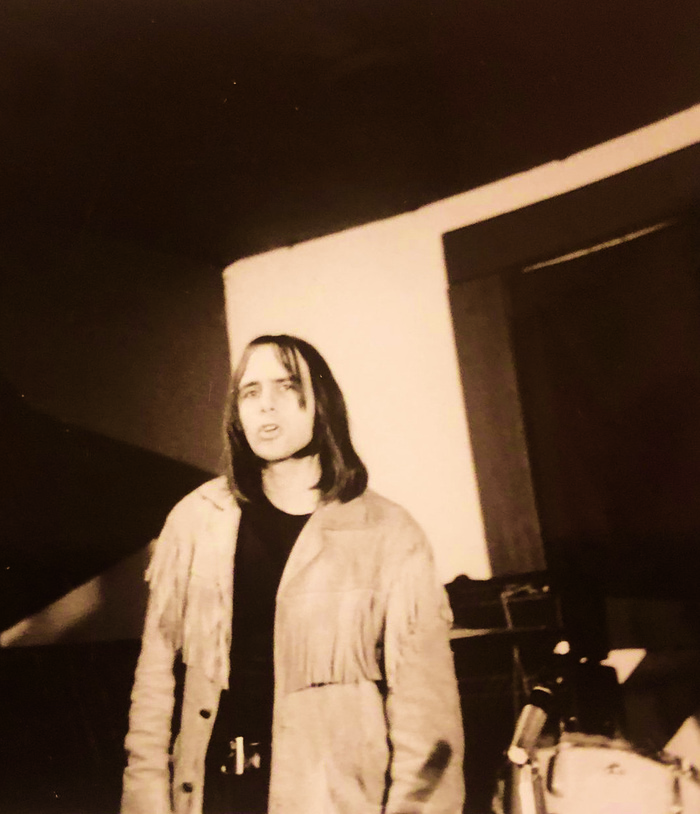
Thank you for taking the time. The last word is yours.
I’m very honored that I have this opportunity at this stage of my life, that I still may have a chance of leaving some kind of memorable legacy for hopefully others to appreciate.
Klemen Breznikar
Headline photo: Yesterday’s Children
Ancient Grease Records Official Website / Facebook / Instagram


